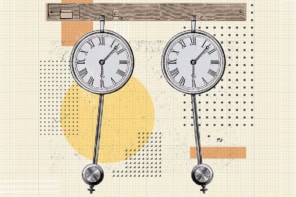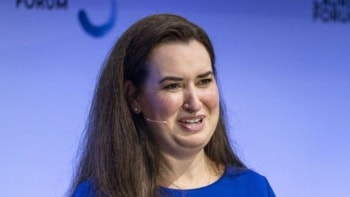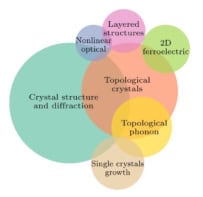People who develop extreme behaviour are more likely to succeed than cautious individuals with the same skills according to physicists from Oxford University and the Chinese University of Hong Kong. Neil Johnson and colleagues have developed a mathematical model of a population in which members adapt their behaviour according to their past experiences. As time passes only those individuals who take chances are able to stand out from the crowd and successfully exploit their environment (Phys. Rev. Lett . 82 3360). The researchers suggest that this is one reason why aggressive drivers are so adept at getting home during rush hours.
Johnson and colleagues specified “winners and losers” by making the “agents”, as the individuals are called, repeatedly choose between two rooms. Choosing the room denotes a “trader” buying or selling shares, or a car driver picking one out of two routes home. The room which has the fewest traders in it at the end contains the winners.
Each agent keeps the information on whether he or she is a winner or not to build up “experience”. But if all the agents follow the same trend, they all become losers. Hence, each agent works out the probability of the other agents making a certain decision and adjusts their strategy accordingly. To their surprise, the researchers found that the agents self-segregate themselves into two groups, those that follow extremes and become winners, and those that are cautious and lose. However, the paper notes that successful agents rapidly fluctuate between losing and winning streaks, the equivalent of traders making and losing fortunes in rapid succession.



